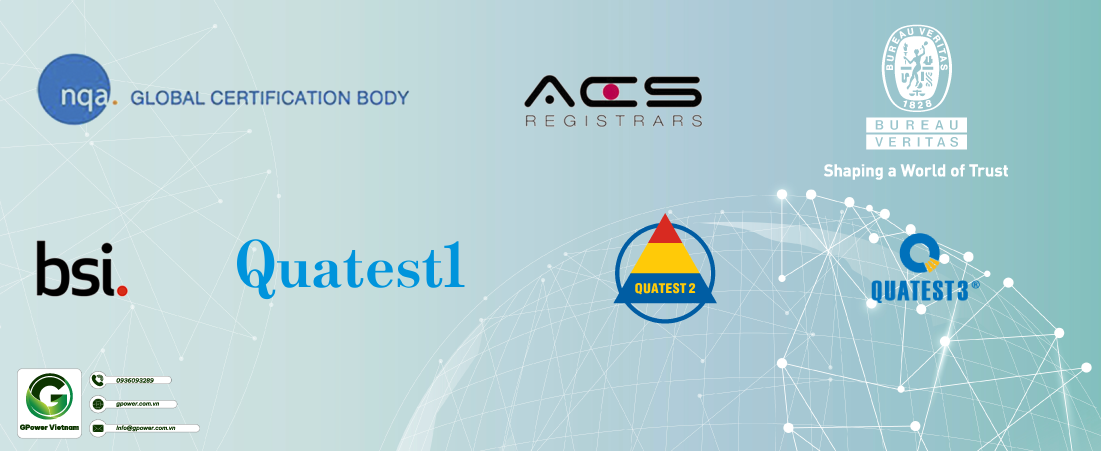1. What is technical standard
A Technical Standard is a system of rules or requirements set forth to assess various technical systems.
It establishes requirements for a specific product, material, system, or service, or details a specific method or procedure, standards for work attire, or technical standards, processes, and practical applications.
These standards create favorable conditions for international trade by ensuring the quality, system factors, products, and services.
They bring benefits to businesses and consumers by reducing product costs, enhancing operational efficiency, and improving safety.
A technical standard is a criterion established or related to technical systems. It is often a formal document that sets technical or performance standards, methods, procedures, and practices.

Standards are developed and shaped through the exchange and consensus of opinions among technical experts, stakeholders including business owners, consumers, and other environmental industry groups.
Some current standards are not always helpful and accurate; they serve more as references. For instance, a product meeting a specific standard does not guarantee suitability for other purposes. Users of a product or service are responsible for reviewing existing standards, adhering to a relevant standard, and using the product appropriately and for its intended purpose.
Standards are regularly reviewed and updated. Precisely, the latest version of these issued standards is used or referred to.
In the field of social sciences, including economics, an appropriate standard can be an effective solution for collaboration among businesses desiring common development. Hence, a unified decision in evaluating product criteria is essential.
Technical standards act as a guiding principle for businesses or manufacturers, providing a direction to develop and enhance product quality based on common standards.
2. Why technical standards are necessary
The primary purpose of the technical standards system is to promote the development of standardized issues, creating the most favorable conditions for international exchange of goods and services. The application of the technical standards system brings numerous benefits and is highly efficient. Therefore, this system is applied to various organizations, types, scales, as well as products.
When implemented in organizations/businesses, technical standards help elevate the value of the business in the international community. They enhance the reliability and image of the business's products/services. They improve processes, production lines, reduce risks in production, and minimize resource waste.
Therefore, technical standards are essential in the production process, the operation of production lines, and the introduction of products to the market.
3. Certification organizations in technical standards
A technical certification organization is an authorized body with the delegated authority and capability to assess, examine, and confirm that a business or organization complies with the standards and requirements stipulated in ISO, UL, EIC, and other standards. The technical certification organization is tasked with evaluating the business's adherence to specific standards and management procedures, subsequently issuing a certification to demonstrate compliance with these requirements. The certifying technical organization must have clear legal standing, be authorized by the state, and meet international standards.
Technical certification organizations often need in-depth knowledge of corresponding technical standards and assessment procedures. These organizations must maintain a team of experts capable of conducting practical inspections and verifying information from businesses to ensure accuracy and objectivity in the assessment process.
Having technical certification from a reputable organization helps authenticate and demonstrate that a business has implemented quality management processes and adhered to international standards. This, in turn, builds trust and credibility with customers, partners, and consumers. Therefore, businesses should thoroughly investigate the capabilities of the certification organization.

Here are some organizations that issue technical certifications in Vietnam:
- + BSI Organization
- + SSG Organization
- + Bureau Veritas
- + Quality Measurement Standard Technical Center 1 (QUATEST 1)
- + Quality Measurement Standard Technical Center 2 (QUATEST 2)
- + Quality Measurement Standard Technical Center 3 (QUATEST 3)
- + ACS Registrars
- + NQA UK Organization
4. Technical standards for the automotive manufacturing industry
Reference: Technical Standards for the Automotive Manufacturing Industry





